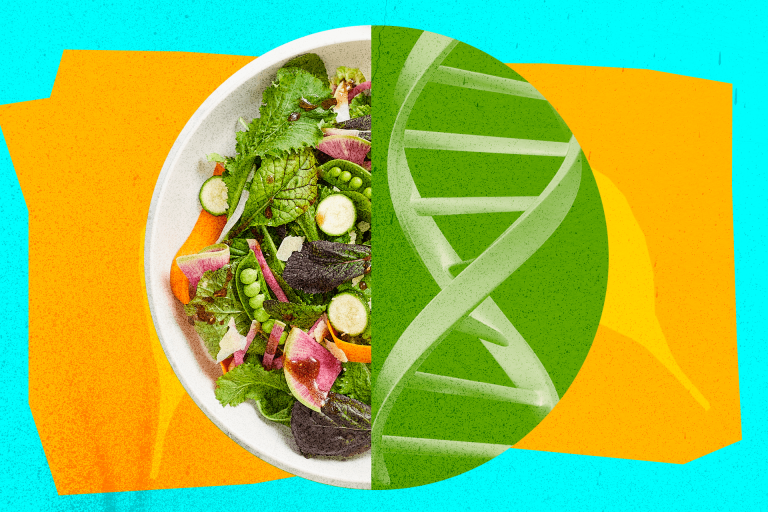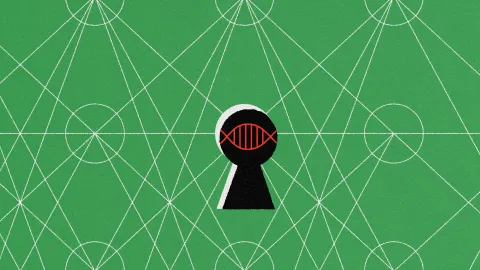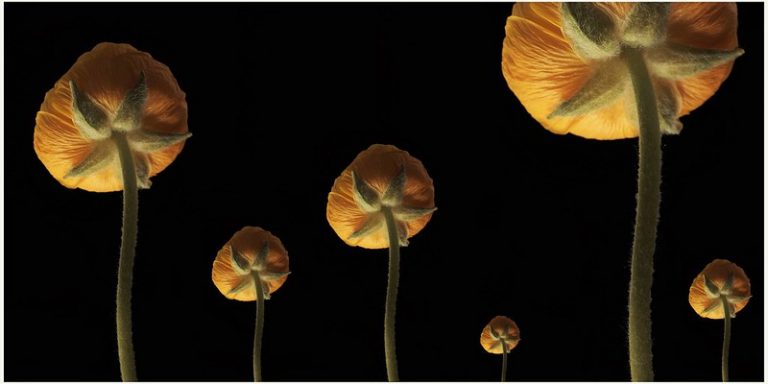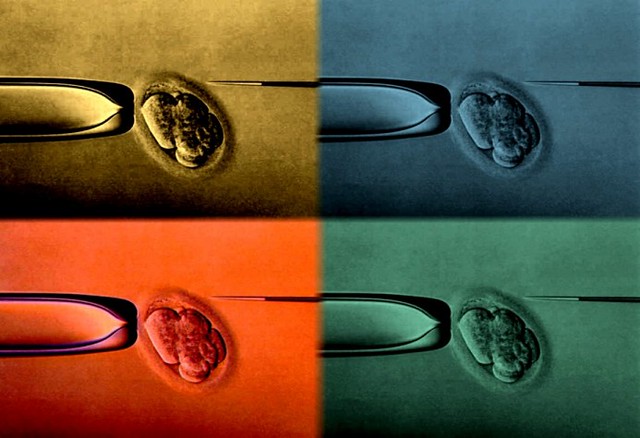
Patents and NGTs: the singular position of Germany’s main agricultural union
While the deregulation of GMOs obtained through new genetic modification techniques (GMOs/NGTs) is currently under review, the issue of patents continues to provoke contrasting positions within European agricultural organisations. In this context, the position of the Deutscher Bauernverband (DBV), Germany’s main agricultural union, is particularly noteworthy. While in favour of the use of these NGTs, it nevertheless warns of the risks associated with patents. This is an original position among European agricultural organisations.

The deregulation of GMO microorganisms is underway
A proposal for a directive made by the European Commission on 16 December 2025 calls on Member States and the European Parliament to deregulate the marketing of genetically modified bacteria, yeasts, viruses and other micro-organisms, including transgenics. According to the Commission, the aim would be to allow companies to market these GMO microorganisms (GMMs) under lighter or even no rules. This would involve an “adapted” health and environmental risk assessment, an end to traceability, an end to environmental monitoring… Following the plants, the deregulation of GMOs is therefore continuing, this time with microorganisms, with perhaps the animals next in line in 2026.

The Council of the EU wants to maintain the patentability of GMOs/NGTs
On 19 December 2025, in a still provisional text, the Council of the European Union maintained the patentability of GMOs derived from new genetic techniques (NGT). To this end, it relied on existing law and called for voluntary, but non-binding, commitments, without taking into account the impact on farmers and small seed producers. This text still needs to be validated, amended or rejected by the European Parliament, which had voted against these patents in 2024 and will have to take a position in 2026 without being able to propose new amendments.

Pairwise shapes the food of the future with NGT
While the European Commission is attempting to deregulate new genome modification techniques (NGT), the US company Pairwise is multiplying its “partnerships” combining the Crispr/Cas tool and its Fulcrum platform. Concluded with both private and public players, these agreements anticipate the landscape following the potential deregulation of NGT. They will also influence the conditions for the dissemination of NGT and the arrival of “Pairwise-type” products on our plates.

NGT regulations: trilogue of the deaf under pressure from Denmark
Negotiations on the future European regulation on new genetic modification techniques have been focusing on two sensitive issues for several months: patentability and sustainability. Keen to conclude the dossier before the end of the year, the Danish Presidency is stepping up efforts to find a compromise, at the risk of neglecting issues that are of particular concern to small and medium-sized breeders and farmers. Denmark will seek an agreement this week, having already threatened to freeze discussions and refer the text back to the European Parliament for a second reading.

GMO/NGT Regulation: civil society organisations concerned about the outcome of the trilogue
As the trilogue on the regulation of new genomic techniques (NGT) continues, civil society organisations are expressing their concerns about the outcome of the discussions, particularly on the issue of patents. This is evidenced by two recent position statements: those of the European Coordination Via Campesina (ECVC) and Arche Noah, which illustrate their mobilisation around this crucial debate at a key moment when European decisions are being made.

“Microorganism”: uncertainty in wording as a legislative strategy?
When reading legislation, one sometimes finds oneself thinking that it is a good thing that legislators are not responsible for editing the dictionaries in our libraries. The specific case of the term “microorganism” provides a striking example. Behind this term lie biological entities whose contours vary according to the regulatory texts. Bacteria, yeasts, algae, nematodes, even DNA or seeds: these are just some of the examples given by various regulatory texts, which show that the legislative definition of “microorganisms” has constantly varied according to economic interests. What do these texts have in common? They all can blur the traceability requirements imposed by GMO legislation.

AI creates new legal challenges in the field of patentability
“Artificial intelligence” (AI) is used to extract and restructure information from raw or unstructured data. Companies are using it to identify phenotypic traits associated with genetic sequences. Referring to a recent patent application by the company Inari, the German NGO Testbiotech points out the risks associated with the combination of new genomic modification techniques (NGT) and AI. It condemns the possible abuses of patentability and the need for robust GMO regulations. However, Inari has already filed other similar applications, which raises questions about the legal impact of such rights and their adaptation to AI-driven technologies.

“Artificial intelligence” to digitize genomes
The digitization of living organisms is the subject of a growing number of projects. Computer data, generated and stored in ever-larger “data centers”, are used by “artificial intelligence” matrices. These data are of all kinds: genetic sequences, proteins, etc. In these fields, which require increasing natural resources, investments are multiplying.

Reproducibility of biotechnological inventions
At the European Patent Office (EPO), one of the key principles for patentability of inventions is that the invention must be described in sufficient detail for any “person skilled in the art” to be able to reproduce it. In biotechnology, where living systems are manipulated, this requirement poses a particular challenge. The notion of “reproducibility” of the invention thus becomes an essential criterion, which can take on different meanings depending on the context. This article explores the subject of the reproducibility of biotechnological inventions according to the practice of the EPO, in particular the case law of its Boards of Appeal.

Towards the start of the trilogue on GMO deregulation?
On 14 March 2025, the Member States of the European Union achieved a fragile qualified majority to launch a discussion with the European Commission and the European Parliament on the deregulation of GMOs. It took the member states almost two years to reach this majority, as there are still many disagreements. Negotiations between the three European decision-making bodies – known as a “trilogue” – could now get underway, subject to the vote of a final formal mandate by the European Parliament’s Environment Committee.

The European Patent Office outlines a fragile ethical frontier
In September 2024, the European Patent Office (EPO) refused a patent for human-pig chimeras on the basis of the ethical rules governing patentability in biotechnology. By invoking the protection of “human dignity”, the EPO is drawing a sometimes fluctuating line between innovation and respect for fundamental values. This decision sets a – perhaps fragile – precedent for inventions affecting human identity, and highlights the complexity of an ethical framework in the era of unbridled biotechnology.

